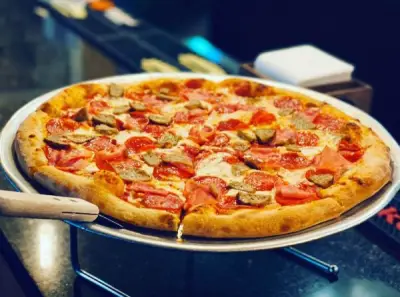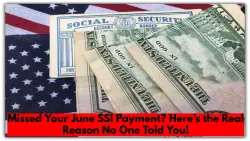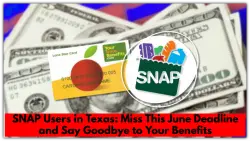Third-party food delivery apps leave some Atlanta delivery drivers and college students high and dry

Photo by Erik Mclean on Pexels comThis story was produced as part of a collaboration with the Savannah College of Art and Design SCAD For our third collaboration with SCAD we once again worked with students in Paige Gray s spring semester writing class this time focusing on the subject of food With the help of Rough Draft editors Collin Kelley Beth McKibben and Sammie Purcell the students produced stories ranging from the personal to hard-hitting issues like food insecurity Third-party food delivery apps such as DoorDash and Uber Eats have a history of questionable practices that negatively affect delivery drivers customers and restaurants Starting in the Federal Arrangement Commission FTC served numerous class action lawsuits against both food delivery companies Since food delivery apps have been sued for increasing prices subsidizing tips and charging specific users more than others However multiple college students believe driving for third-party food delivery companies is their only option to earn a steady income while in school and specific restaurants feel forced to be on these apps or lose much-needed profits According to the Hecox versus DoorDash class action lawsuit DoorDash earns millions if not more strong-arming drivers and merchants and forcing them to capitulate to DoorDash s questionable billing tactics while consumers bear the unsettling burden of the increased cost from the hidden fees The lawsuit also discussed the tactic DoorDash uses to subsidize tips In a hypothetical situation say DoorDash only pays a driver for a delivery If the customer tips their driver DoorDash will only pay the driver totaling to the driver Tipping the driver is essentially tipping the app former DoorDash driver and Emory apprentice Alex Raymond noted I drove over an hour to three different stores and the order had to cost I got paid less than even though the app reported they tipped me The lawsuit caused DoorDash to pay million in damages to delivery workers On May DoorDash was named in a billion lawsuit for charging iPhone users more than Android users The lawsuit claimed that DoorDash used deceptive misleading and fraudulent practices and up-charged Apple iOS devices with illegal fees When reached to learn more DoorDash declined to comment on the lawsuits or practices in question More SCAD x Rough Draft coverageThe FTC also investigated other food delivery apps Uber Eats is at this time involved in a class action lawsuit for charging customers without their consent automatically enrolling users in the premium subscription which takes different screens to unsubscribe Grubhub paid million to settle its class action lawsuit due to blocking restaurants from accessing the profits made on the app Grocery delivery facility Instacart was involved in a class action lawsuit for illegally underpaying its shoppers But juggling being a full-time candidate and the need for an income specific Atlanta college students revealed they feel stuck working for these third-party delivery companies I don t know what else I would have done besides DoorDash reported Mercer University graduate and former DoorDash delivery driver Sarah Awad who became a driver for DoorDash to pay a parking ticket Deliveries sent her to dangerous places at night she declared making her feel unsafe Selected students declared they struggle financially because of low wages paid by services like Uber Eats and DoorDash There were orders where I lost money from how much it cost for the gas versus how much I made disclosed DoorDash delivery driver and SCAD learner Demetric Antonio Driving for DoorDash Antonio disclosed he makes an average of per hour They would give me nickels and dimes Then there are the hidden fees and markups that often overcharge customers In-store an item may cost but it is listed as on a delivery app In addition to a arrangement fee to help apps stay online estimated tax convenience fees and a tip customers may pay double the cost for their food delivery through a third-party app versus ordering food for takeout at a restaurant With the rise in popularity of food delivery apps numerous restaurants feel forced to enlist these services or danger going out of business In a survey percent of customers commented they prefer ordering online rather than eating at a restaurant In turn restaurants with a presence on food delivery apps noted a percent increase in takeout profits High commission fees and loss of control over the food once it leaves the restaurant have left owners questioning whether these third-party apps are worth the time the money and the hassle The post Third-party food delivery apps leave a few Atlanta delivery drivers and college students high and dry appeared first on Rough Draft Atlanta


